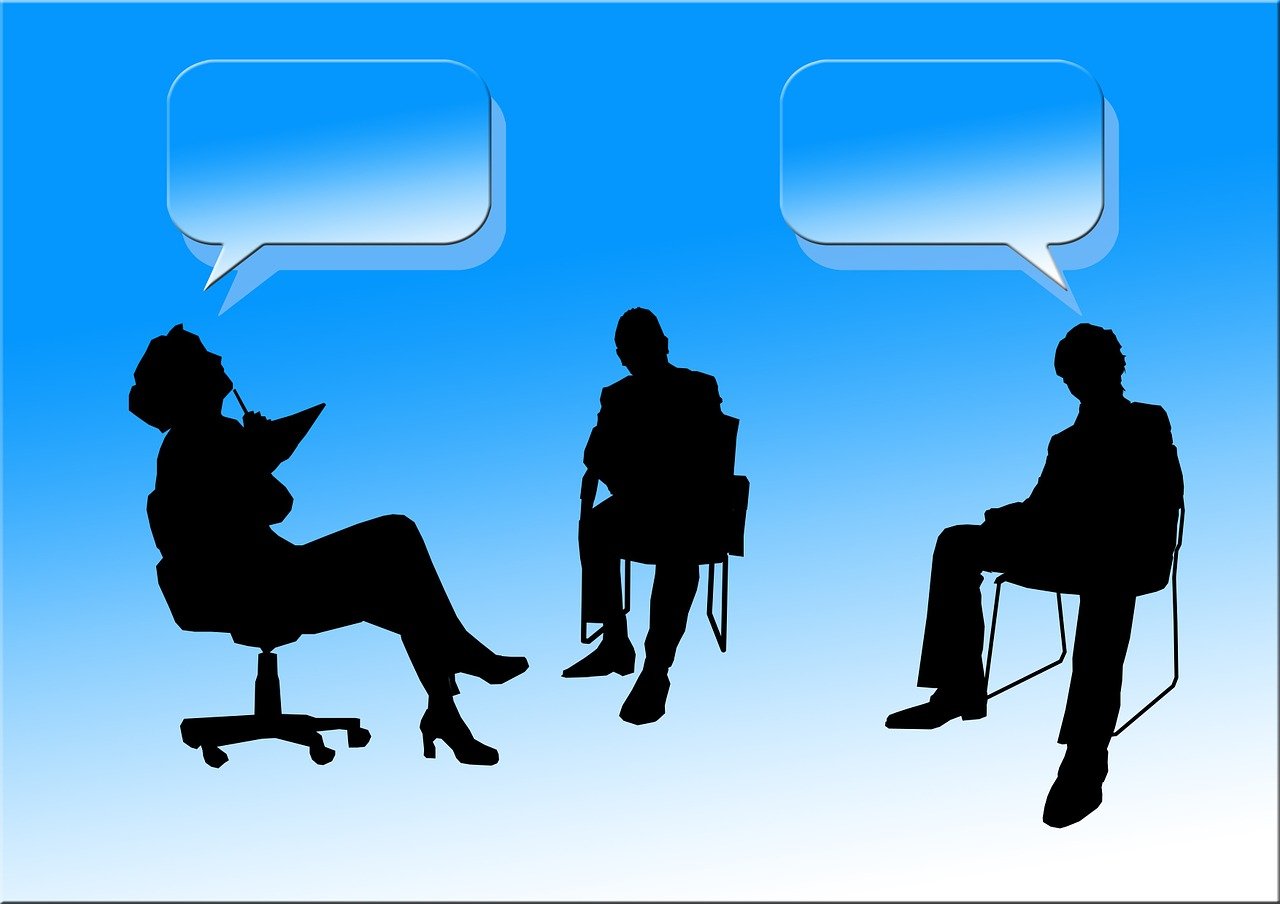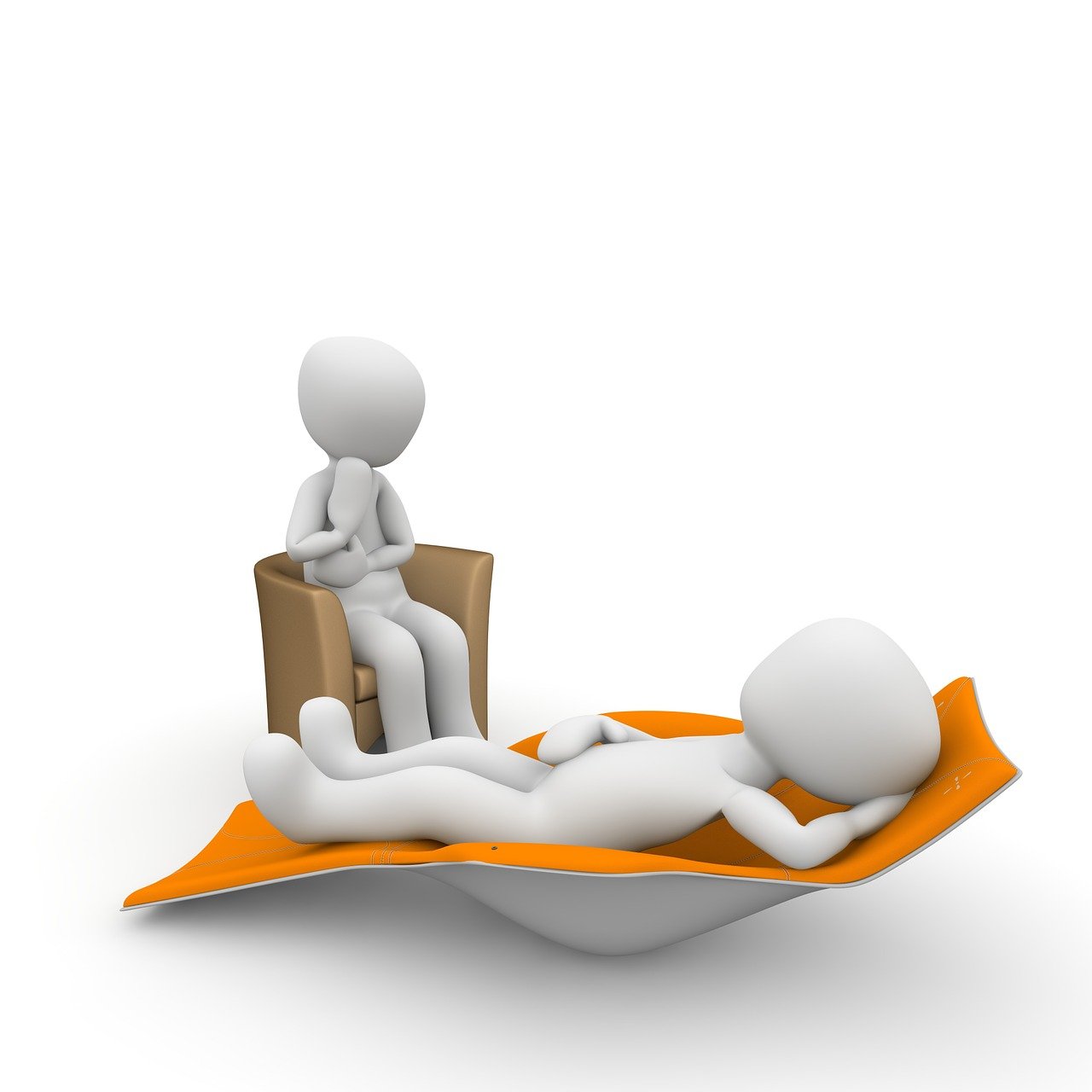What is couples counseling?
Couples counseling goes by various names: couples therapy, marriage counseling, marital therapy, relationship counseling, and more. These are all ways of framing the same process, namely, trying to help a couple (whether married or not) achieve a better level of functioning. What this means is that when one or both parties in a couple are not happy with the relationship because of the way they are interacting with each other, a couples counselor can help them change the way they relate to each other in order to help restore the happiness in the relationship. (In the vast majority of couples there was happiness in the relationship at some point; people who hate each other usually don’t get together romantically. Although sometimes in situations of an arranged marriage or a couple that gets married due to an unexpected pregnancy, there actually never was a happy point to return to.)

Couples counseling is also not a tool for one person to come in and expect a therapist to change their partner. Repairing a relationship is almost always a two-way street; even if one person has really wronged their partner, there is usually something that the partner can be doing differently in the relationship nonetheless. (An important exception to this is a situation of domestic violence, where often the victim cannot do anything differently to make the abuser stop doing what they are doing. Couples experiencing active domestic violence are usually not candidates for couples counseling.)
How do I know if I need couples counseling or if I need individual counseling?
The truth is, virtually anyone can benefit from both of these approaches at any time. Therapy is not something that’s just for people who are sick or crazy – it’s for anyone who wants to strive for a greater level of life satisfaction. I state this upfront because if you are looking to make something better in your life, both individual and couples counseling are likely to help. That said, there certainly are issues that might be better addressed in one format or another. For example, a person struggling with self-esteem issues might be a better fit for individual therapy. Someone experiencing stress due to marital conflict obviously would be more likely to gain from couples therapy.
Fortunately, with a good therapist you can’t go wrong. If you come in by yourself and start describing relational issues that would be best dealt with along with your significant other, a competent therapist should notice this and recommend bringing them in (or refer you to someone who works with couples if they do not). Likewise, if you go to see a marriage therapist to deal with dissatisfaction in your marriage, but the problem is really rooted in some childhood trauma of yours, for example, the therapist might recommend you seek individual counseling in addition to or instead of couples counseling.
The bottom line is, don’t wait until you are sure you know what the real issue and the best solution is – leave that to the therapist. Just starting the process of therapy, on your own or as a couple, is likely to improve your situation already.
What do you do in couples counseling?
Couples counseling is not just a place where we sit down together and negotiate a solution to a specific problem. For example, if you and your partner have an ongoing argument about how many times a week your mother should visit the house, it would be a real failure if all you got out of couples counseling was a number to answer that question. Having a third party help with a negotiation is called mediation, and while there is a time and place for that, couples counseling is not it. (Mediation is something generally used once a relationship has already fallen apart, not while it’s still alive and kicking.)
What you should really be doing in couples counseling is learning how to resolve the argument yourself. It’s no good if the couples therapist solves the problem for you. Goodness knows there will be other problems down the pike. What you need to survive as a couple is tools to manage conflict in the future, not just this one in the present. Thus, a couples counselor might help you resolve the problem of your mother’s visits by guiding you to solve the problem together. Whether you come out with a specific number of hours is less important than whether you know how to have the discussion. This will involve learning about and practicing skills such as active listening, reflection, empathy, and validation. These are the tools you will need to have difficult discussions together in the future. If your couples counselor solves your problem but doesn’t leave you feeling like you could do it again on your own, you are not getting what you need out of the process.
What if my partner doesn’t want to come to couples counseling with me?
This is (unfortunately) a common situation. One partner is hoping for a change in the relationship, while the other one seems less concerned, or worse, says something along the lines of “it’s your problem – you go get therapy.” As we’ve outlined above, a relationship problem is often a problem of the way two people relate, as opposed to one person being broken or “messed up.”
Fortunately, there is a lot to be gained from counseling even if your partner refuses to go. If you can change your own behaviors in the relationship, you can shift the dynamic so that your partner slowly begins to respond differently as well. In addition, when the reluctant party sees positive changes happening in their partner, often they are inspired to join in the counseling process as well and get in on whatever is changing their partner for the better. Or, failing any kind of success, you may come to realize that a relationship where your significant other is not willing to change and grow is not a relationship you really want to be in.
What else should I know about couples counseling?

Where can I find a couples counselor in the Baltimore area?
Glad you asked! The Baltimore Therapy Center is a great place to start. We have availability during the daytimes, evenings, and weekends, and a great staff to help you out. I encourage you to check out some further FAQs on our couples counseling, read some of our posts, and look up our reviews. We’ve helped a lot of couples turn things around, and we’d love to help you as well. Be in touch!
